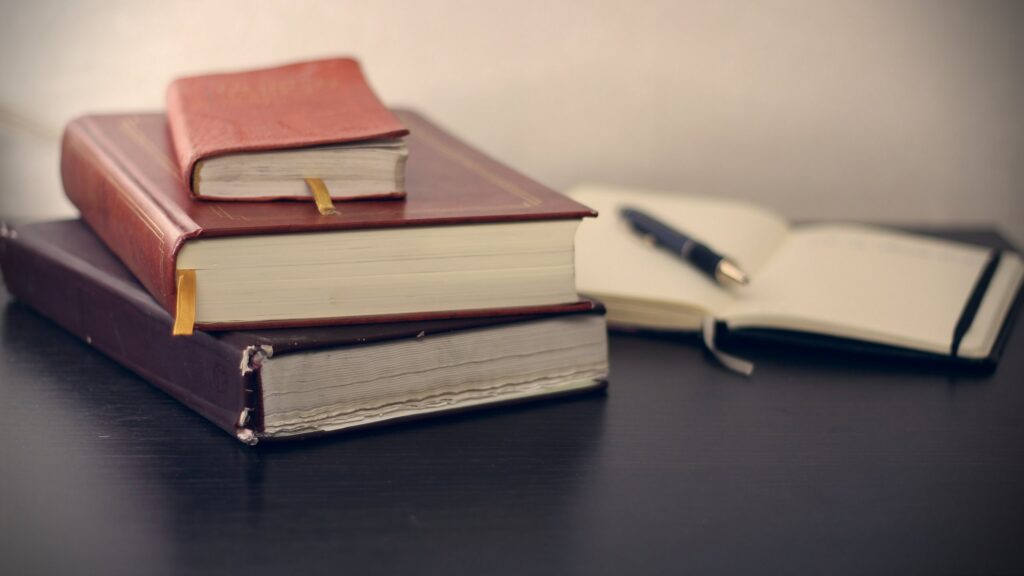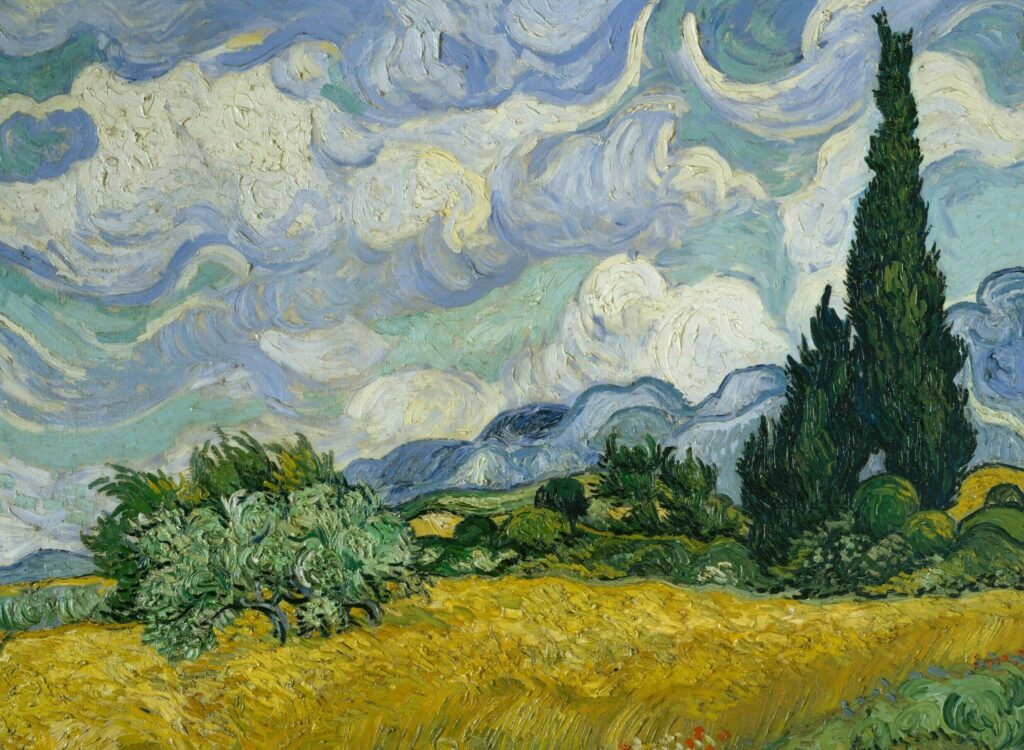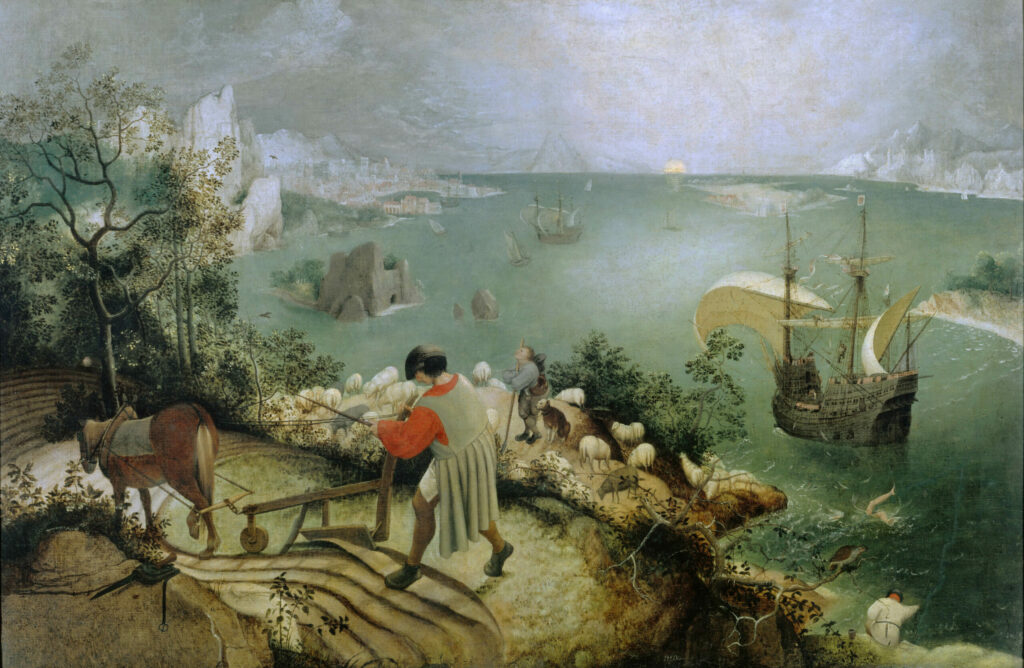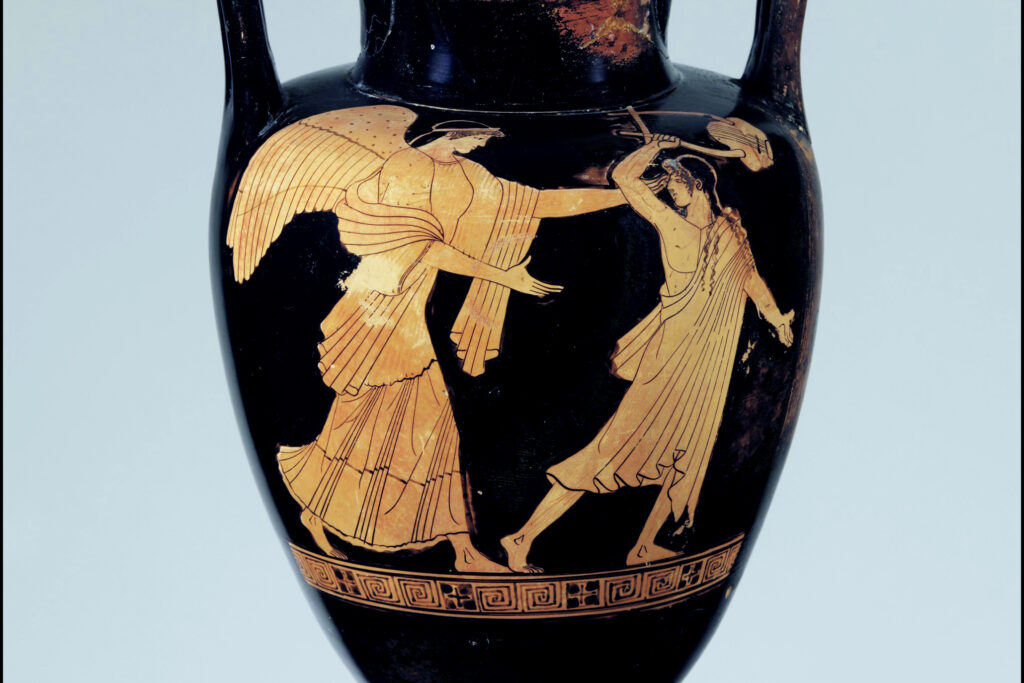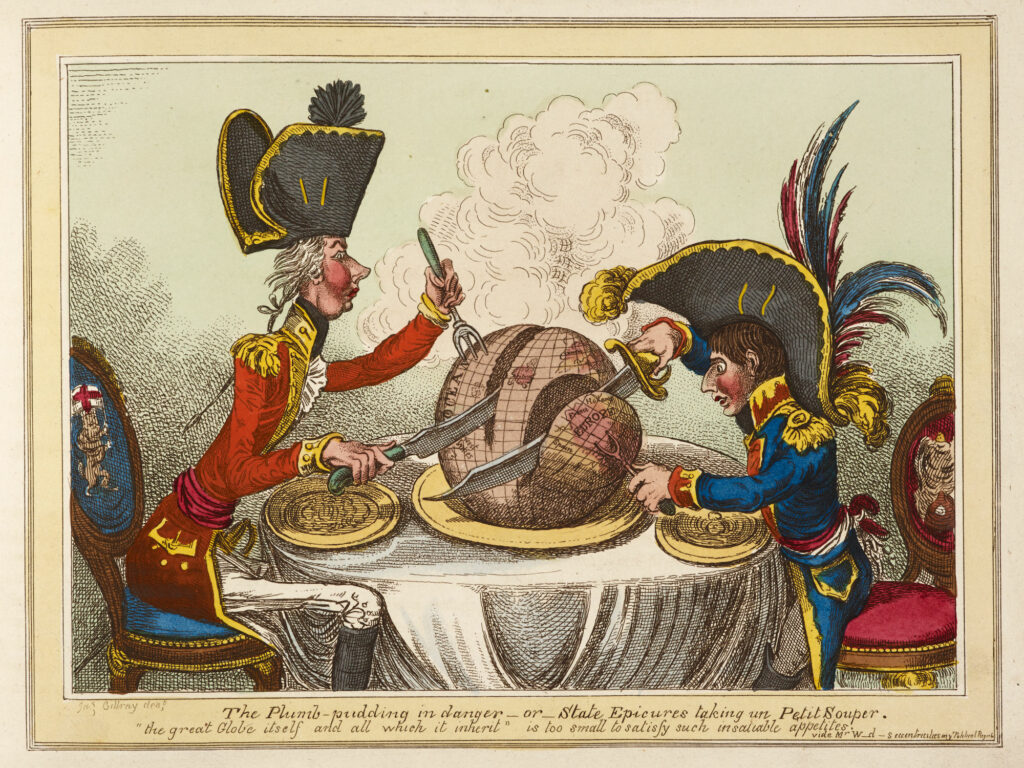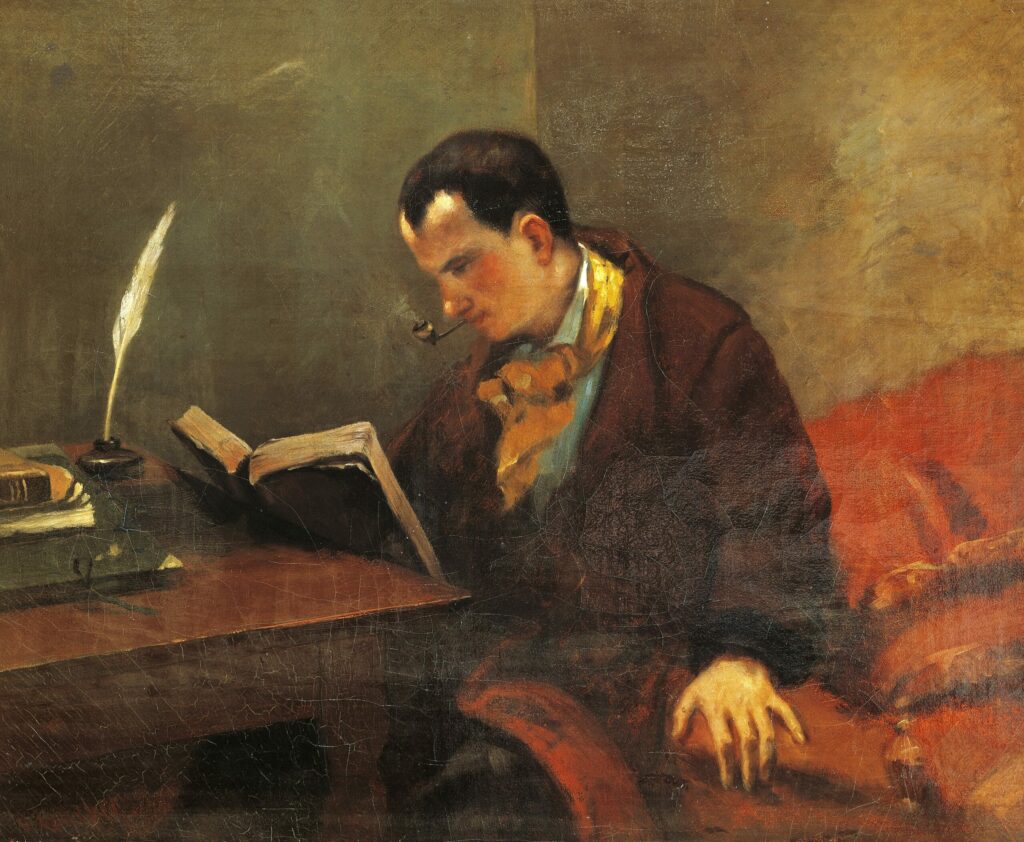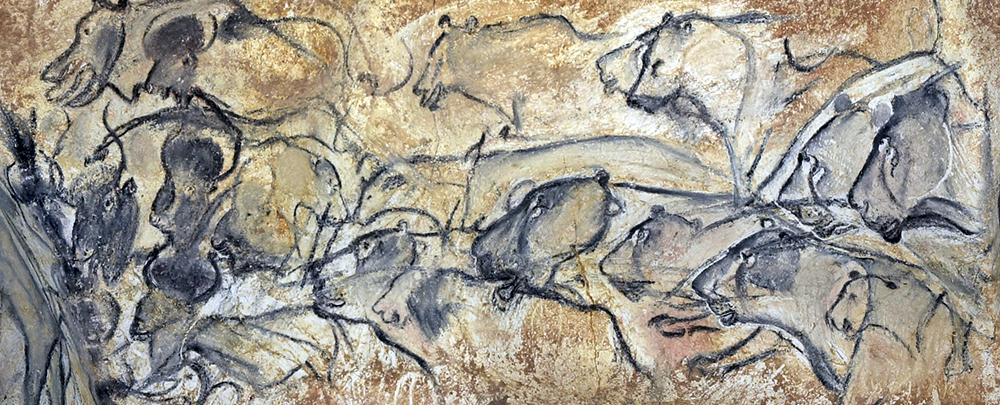Writing Tips
Anti-Hero Characters: Writing the Unheroic Protagonist
Want to learn more about how to write an anti-hero? Consider taking our private class with Gloria Kempton. The anti-hero (or antihero) archetype is a popular feature of modern books and movies, and for good reason. Anti-hero characters are often lonely or isolated individuals, who experience ethical dilemmas typical of modern day society. As both…
Read MoreBecoming a Poet: Learn to Write Poetry!
Becoming a poet is no simple task, but with careful attention to language and the world around us, anyone can learn to write poetry. Even so, sitting down to put feelings to stanzas can seem impossible. With so many possibilities to tinker with language, where does the poet even begin? Whether you’ve just begun your…
Read MoreWhat is Magical Realism in Literature? Exploring El Realismo Mágico
What is magical realism? Imagine a woman discovers she can cry fabric (instead of water), so she starts a clothing business where she knots her tears into dresses. This odd blending of the magical and the mundane constitutes the elements of magical realism, a wonderful genre for writers of all paths. Magical realism authors populate…
Read MoreJuxtaposition Definition: What is Juxtaposition in Literature?
Juxtaposition occurs any time a writer places multiple ideas or images next to each other, without drawing a clear relationship between them. It is, in other words, the art of encouraging inference, because juxtaposition encourages the reader to draw their own conclusions about the relationships between different things. Juxtaposition is a wildly underrated tool in…
Read MoreEkphrastic Poetry: How to Write an Ekphrastic Poem
Ekphrasis is a literary device in which a work of art, usually visual, inspires a piece of poetry or prose. Ekphrastic poetry, then, describes a poem that finds inspiration in the creative elements of a piece of art. If you’ve recently been moved by artwork, or if you’re looking to find inspiration, you may be…
Read MoreLearn to Write! 8 Tips on Learning How to Write
If you’re here, you want to learn to write—whether that’s poetry, fiction, nonfiction, or something in-between. Learning to write is a process, one that requires consistent hard work and determination—and perhaps some magic! But, as with any other skill, it’s important to work hard on the right thing. Instead of providing a list of pointers…
Read MoreOde Poetry: How to Write an Ode Poem
The ode poem is an ages-old poetry form that praises and celebrates people, places, things, and ideas. Poets have written odes to Grecian urns, the west wind, the hymen, and to childhood intimations of immortality. If you’re looking to write a poem in praise of something, you might want to learn how to write an…
Read MoreSatire Definition: How to Write Satire
If there’s any genre of literature designed to make fun of humankind, it’s satire. In both prose and poetry, writers have employed satirical techniques as far back as Ancient Egypt, utilizing the conventions and elements of satire to write about our follies. Satire writing has become more popular in recent years. This is partially due…
Read MoreSonnet Poems: How to Write a Sonnet
The sonnet is a poetry form that poets have wielded for centuries—from Petrarch and Shakespeare to Marilyn Nelson and Terrance Hayes. These 14-line poems use restrictions of length and rhythm to deliver lyrical, captivating musings on themes like love and death. Poets interested in short-form work can gain a lot from learning how to write…
Read MoreBraided Essays and How to Write Them
When I first started reading and writing creative nonfiction, I was particularly struck by the “braided essay”—its poeticism, its interlacing movements, its endless possibilities. The beauty of a braid lies in the way it weaves distinct strands into a coherent whole, the way individual strands intermittently appear and disappear. If you’ve ever felt like your…
Read More

